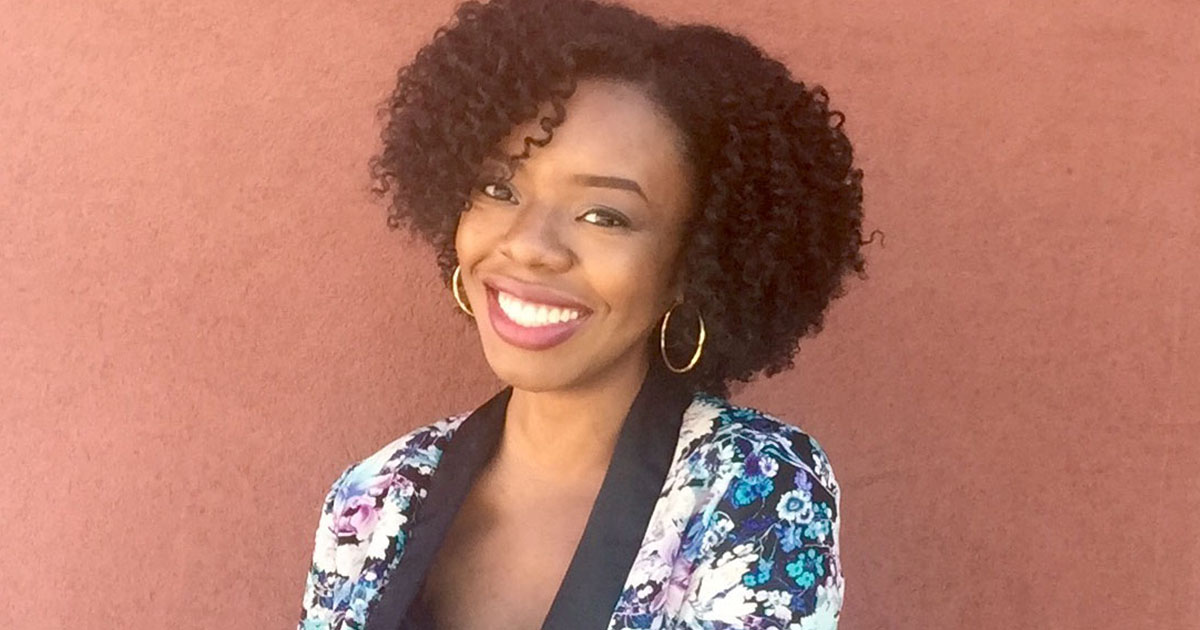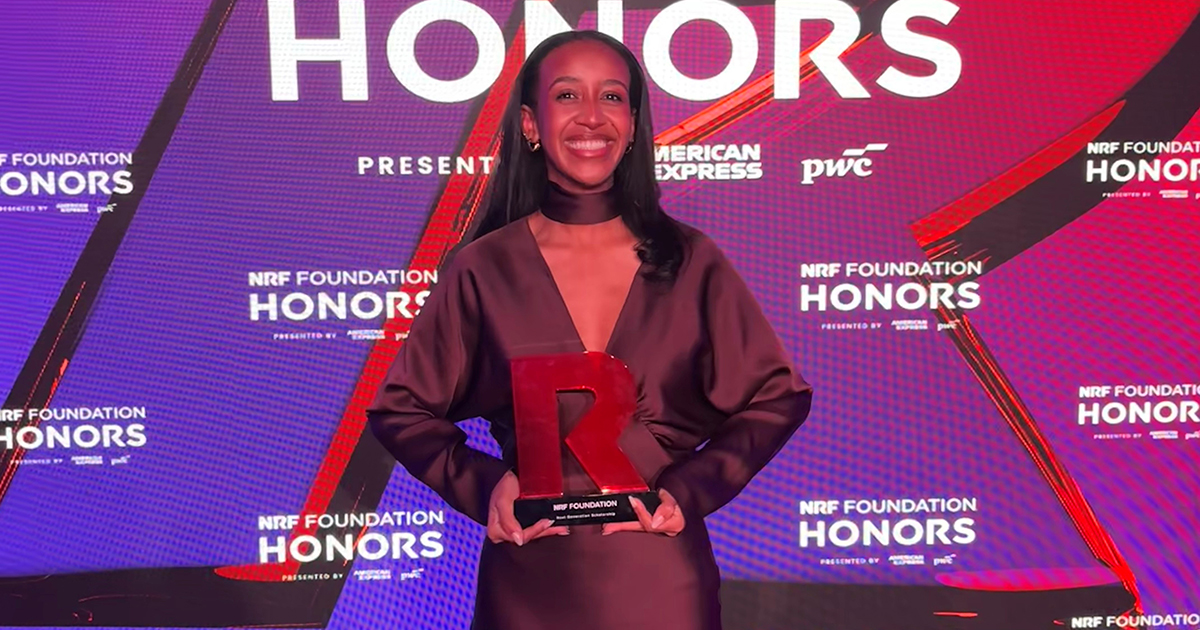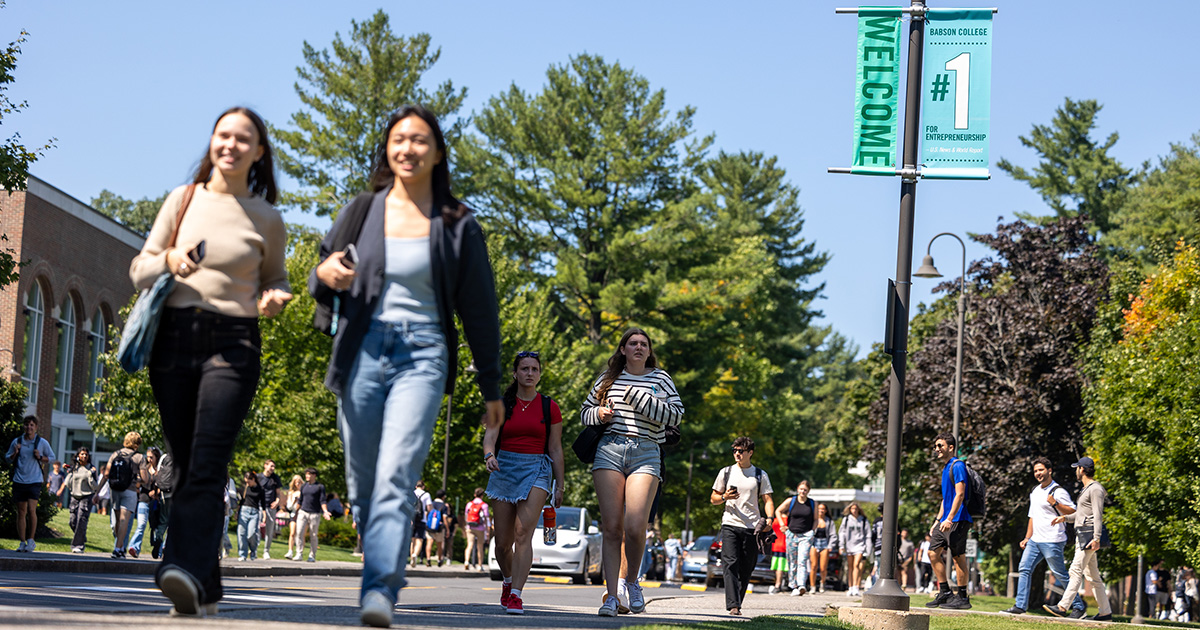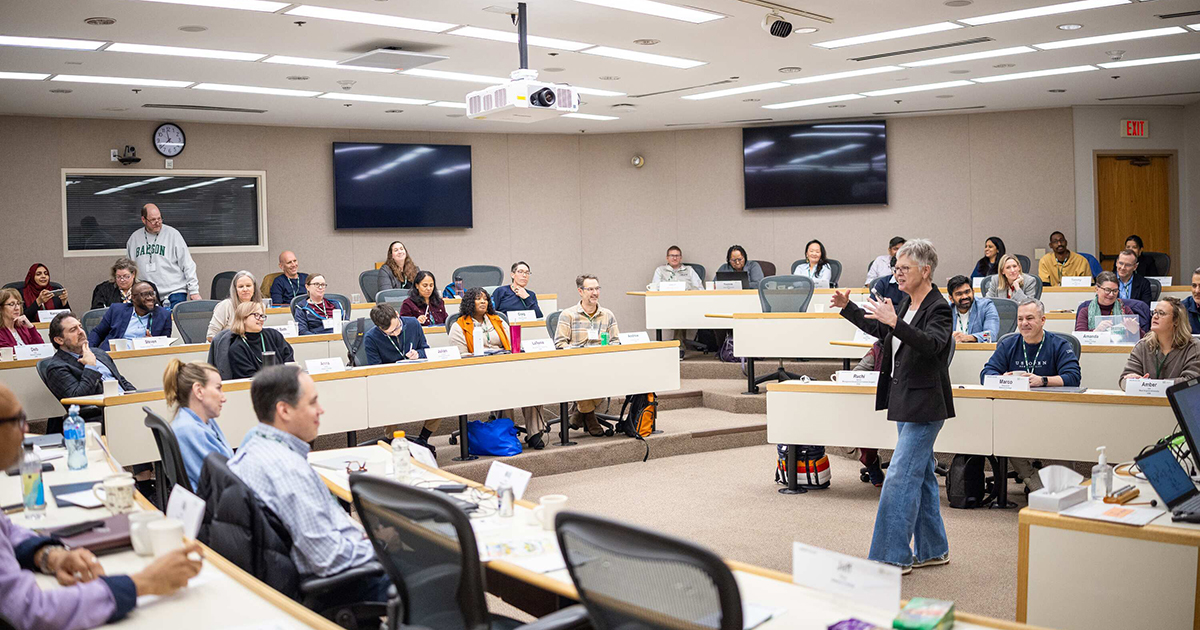Supporting Black Entrepreneurs with Official Black Wall Street

While the recipe for success may vary depending on the entrepreneur in question, starting a successful new venture requires heart, resourcefulness, and capital. And it’s usually birthed from a strong need or desire to change something for the better.
After graduating from Babson College in 2012, Mandy Bowman began reading about the Black Wall Street in Tulsa, Oklahoma. A nearby town called Greenwood was one of the most prosperous black neighborhoods in U.S. history in the early 1900s. At the mercy of Jim Crow laws, black entrepreneurs in Tulsa were required to start their own businesses to survive. And, in that time, they weren’t just creating their own career path—they were thriving.
That was until 1921, when it all came crashing down at the hands of white supremacists. Businesses and homes were torched, hundreds were killed, and thousands of black families were displaced. It’s not a story we often hear in our history classes, but it’s the story that inspired Bowman to achieve her childhood dream of becoming an entrepreneur.
“To see this neighborhood [in Tulsa] where there were so many black entrepreneurs, who were so successful, that was so eye-opening to me,” says Bowman. “That led me to look into more of the stats and the history behind black entrepreneurship in different communities.”
Reviving Prosperity for Black Entrepreneurs
Bowman grew up in a predominantly black neighborhood in Brooklyn, New York. During that time, gentrification was booming, as it still is today. As rent and property value rose, black-owned businesses were forced to shut down because they didn’t have enough capital to operate or compete in those neighborhoods anymore.
Bowman’s research led to some interesting discoveries. “We’ve heard the stats that we [black people] have a $1.2 trillion buying power, yet a dollar only stays in our community for six hours whereas in Jewish and Asian communities, their dollar circulates for 20 days and a month, respectively,” she first told Black News.
Also, black-owned businesses are more likely to be shut out of bank loans; if they are approved, the interest rate is significantly higher than those of other races. Meaning, one of the key ingredients to entrepreneurial success (capital) is a lot harder to come by for these entrepreneurs.
After seeing what once was, and now learning the common struggles of black entrepreneurs today, Mandy made a running list of black-owned businesses in smaller New York neighborhoods. She began supporting these local businesses, and encouraged others in her network to do the same.
“I had no idea there were so many of them, even in my own community,” says Bowman. “They were amazing! And, that’s when I thought, Maybe I should share these with other people.”
Introducing: Official Black Wall Street
Launched by Bowman in 2015 as a website, Official Black Wall Street made finding and supporting black-owned businesses easier. Users had the option to register their business, or sign up as a consumer, as the database of black-owned companies began to grow.
Now in app form, the essence of Official Black Wall Street is the same, but it’s even more user-friendly. The app alerts users when they pass black-owned businesses, it allows them to rate businesses and “friend” other users within the app and users can search for specific kinds of businesses in their area.
But why is supporting black business so important? And how is Official Black Wall Street contributing to this need for more black capital?
Out of all the Fortune 500 companies, none of them are black-owned. Supporting black businesses helps give black entrepreneurs a leg in the race. A lot of them are brand new businesses and they’re dropping off the map without a fair chance at survival. Official Black Wall Street helps black-owned businesses get the exposure they need to keep their doors open.
“By supporting black-owned businesses, we’ll be able to put people in positions where they can compete in the economy,” says Bowman.
Keeping it in the Babson Family
Although entrepreneurship didn’t run in her family, Bowman dreamed of becoming an entrepreneur since middle school. Going to Babson College not only equipped her with tangible skills to apply to business, it opened up an entire network of innovative people—and unleashed a brand new mindset.
“Going to Babson gave me the confidence to make the leap and start my own business. I had a huge fear of failure before,” says Bowman, whose Official Black Wall Street team includes two of her former Babson classmates.
After hearing about what Bowman was doing, old classmates started reaching out to her to offer their expertise. Quincy Bedeau, Babson class of 2012 and CFO of Official Black Wall Street says, “I knew Mandy from our shared Babson experience as undergrads; she was one of my closest friends. When she told me about OBWS when it was just an idea, something in me couldn’t settle until I found a way to help her accomplish that dream.”
Like Bowman, Bedeau knows what it’s like to grow up in a neighborhood that lacks the support it needs to flourish. “Professionally, I was trying to figure out a way to use my financial acumen to promote fiscal change in our community in more ways than one,” he says. “I knew the idea [OBWS] held tremendous value, and even today only continues to grow in potential. I’m honored to be a part of that journey with her.”
Buying Black: An Epidemic
Bowman is not alone in her efforts to boost black-owned businesses. From May through December 2018, Boston’s Young Black Professionals will be hosting a Black-Owned Business Pop-Up Market at Seaport’s District Hall in Boston. This gives minority-owned businesses the opportunity to gain the support and exposure they need to thrive, without having to worry about renting out individual space. In addition, as only 3 percent of Seaport residents are black, it also serves as a way of diversifying the neighborhood through entrepreneurship.
Which is an important thing to note: buying black isn’t just for black people, just as supporting women-owned businesses isn’t only for women. “The same way we support women-owned businesses—it’s the same when it comes to other underrepresented demographics,” says Bowman. “It’s a matter of understanding the struggles black entrepreneurs go through when it comes to accessing capital, venture capitalism, and investments for their businesses.”
In the near future, Bowman hopes to partner with more experts (inside and outside of the black community) so the company can provide resources and educational opportunities for their entrepreneurs. “One thing we’re lacking is the resources and know-how … to get more experts to teach them how to launch and maintain a successful business,” says Bowman.
They also are looking to add more features to the app, one of which will allow consumers to track their personal impact in their communities.
If you’d like to find out more about Official Black Wall Street, or offer your expertise, you can email Mandy Bowman or visit https://officialblackwallstreet.com/.
Posted in Entrepreneurial Leadership



